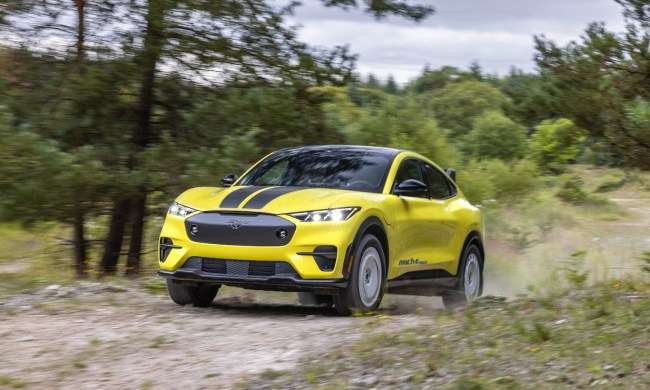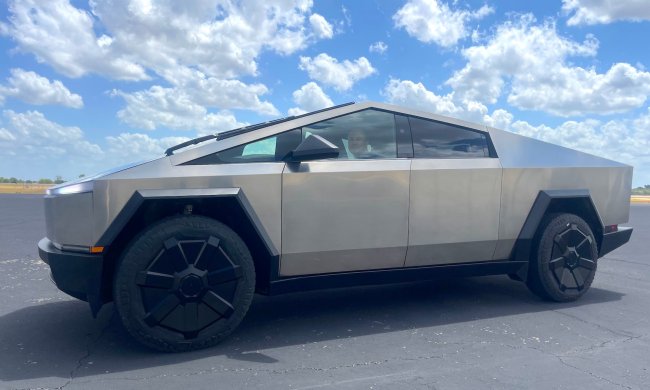Apple’s on-again, off-again entry into the automotive industry is the subject of a great many rumors. Nothing is official yet, Cupertino is famously secretive, but a recent report suggests that the tech giant’s Project Titan division is now hoping to master autonomous driving.
Citing anonymous insiders, Bloomberg reported that Apple has shifted its car-building project into high gear. We mean that metaphorically: the vehicle will allegedly be entirely electric, meaning it likely won’t have gears to shift, and the development team hopes to integrate a high degree of automated technology into the platform. While numerous companies from the car and tech industries are rushing to make autonomous driving a reality, nearly all agree that a long list of legal and technological hurdles stand in the way of a widespread release.
The report adds that developer Kevin Lynch, the man responsible for the Apple Watch, is in charge of Project Titan. His goal is to release a fully autonomous car by 2025; that’s a tall order to fill in merely four years. If the technology isn’t ready by the middle of the 2020s, Apple could either delay the launch or bring its long-rumored car to the market without the ability to drive itself all the time, Bloomberg learned.
Mastering autonomous driving would give Apple bragging rights, but that’s not the team’s only motivation. It’s a feat that would provide designers the freedom to bring the lounge-like interiors we’ve seen highlighted at major auto shows around the world to production; in theory, an autonomous iCar would have no steering wheel, no pedals, no dashboard, and a completely rejigged interior. The notion of a driver’s seat flies out the window if the driver is a computer. In turn, Apple could give users a unique travel experience.
Interestingly, the report suggests that Apple is more interested in selling its car to private motorists than in amassing a fleet of shuttles it can deploy in major urban centers like Waymo is doing and Argo A.I. plans to do with help from Volkswagen. This is a business model that puts even more pressure on the team developing the vehicle because the margin of error is much thinner. To that end, Apple has hired several experienced engineers from the automotive side of the industry, including experts from Volvo, General Motors-owned Cruise, and Tesla.
Apple hasn’t commented on the report. If it’s accurate, we’ll likely hear more about what Project Titan is up to in the coming months — and we’ll start seeing camouflaged prototypes being put through their paces on public roads sooner or later. In the meantime, rival Sony quietly built an electric (but not autonomous) sedan called Vision S, unveiled it at CES 2020, road-tested it in Europe, and made it look easy.



